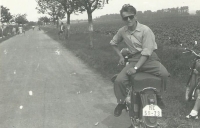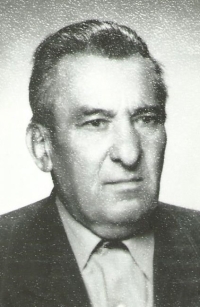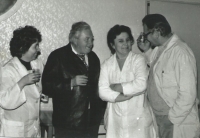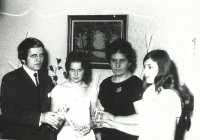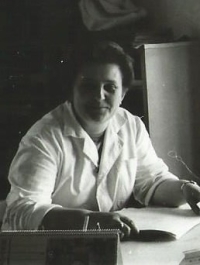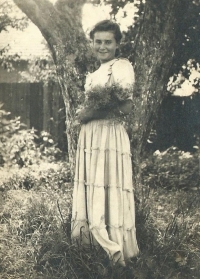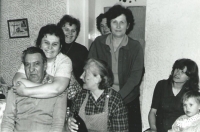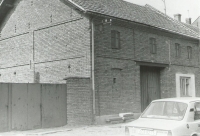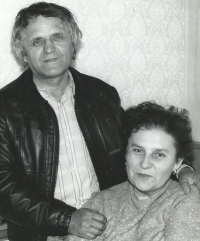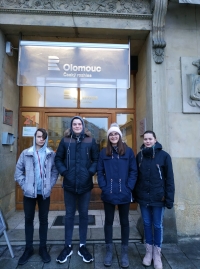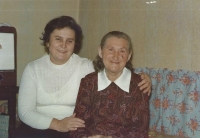1948 was the worst year for us because it was Czechs against Czechs

Download image
Zdena Lovečková was born on 10 February in Schönwald (probably Podlesí in the Opava district). During World War II, her father was sent to work in Germany, from where he escaped to Yugoslavia, where he joined Tito’s army. He did not return home until May 1945. Three years later, after the communist takeover, he decided to flee again. Some time later, however, he was caught at the border and sent to the uranium mines. Zdena’s mother had to take care of her five children on her own, which is why Zdena never forgave her father for his leaving. In 1968, her brother also emigrated, and thoughts of studying were out of the question. Zdena changed many jobs in her lifetime and after 1989 she and her husband took advantage of new opportunities and travelled a lot.
